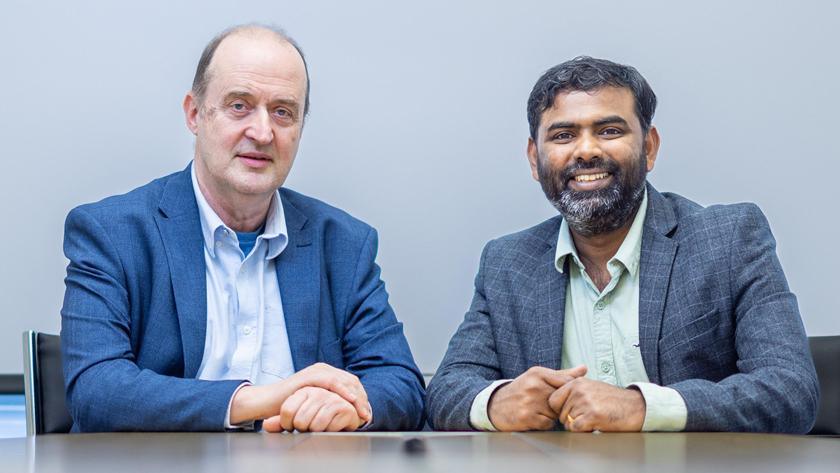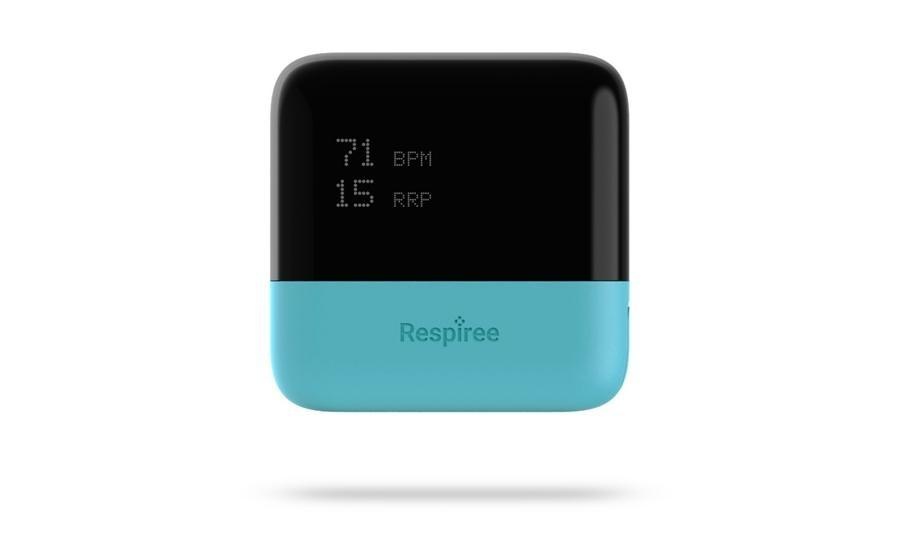Maxion Therapeutics gets $16m Series A Financing

LifeArc Ventures is leading a $16 million (£13 million) Series A financing of Maxion Therapeutics (PDF), together with Monograph Capital and BGF. Put together by industry veteran Dr John McCafferty – founder of Cambridge Antibody Technology (CAT) and co-inventor of antibody phage display, a technology that received the 2018 Nobel Prize in Chemistry – Maxion Therapeutics aims to revolutionise antibody development for ion channel and GPCR-driven diseases, which so far have been untreatable.
As part of the financing, Sohaib Mir (senior investment principal at LifeArc Ventures), Tim Funnell (partner at Monograph Capital), and Lucy Edwardes Jones (investor at BGF) will join Maxion’s board of directors.
Dr McCafferty is Maxion’s CEO. Also co-founder of IONTAS - a leading clinical research organisation offering phage and next generation mammalian display antibody discovery services, which was acquired by FairJourney Biologics – Dr McCafferty’s co-invention of antibody phage display was used to discover the drug Humira, while CAT was acquired by AstraZeneca for £700m. Fellow IONTAS co-founder Dr Aneesh Karatt is Maxion’s chief scientific officer. Together, they invented the KnotBody platform.
The funding is for the purposes of enabling development of antibody drugs against ion channels and G-protein-coupled receptors (GPCRs) – critical cell surface proteins involved in a wide range of previously untreatable or poorly treated diseases, including autoimmune conditions and chronic pain – using Maxion’s KnotBody platform to overcome challenges with this target class.
Although multiple small molecule drugs have been developed against ion channels, there are no approved antibody drugs addressing this target class, despite the many advantages of antibodies – including greater specificity, a superior safety profile, and the ability to engineer their properties using phage display technology.
The KnotBody platform unlocks the discovery of biologics against ion channels and GPCRs by using naturally occurring cysteine-rich mini-proteins called ‘knottins’, which modulate ion channels and GPCRs, but which have poor drug-like properties. Fusing these onto the surface of antibodies, the KnotBody platform creates ‘KnotBodies’ that combine the functional activity of knottins with the drug properties of antibodies.
Dr McCafferty said that “until now, ion channels have been a blind spot for antibody therapeutics”, but explained that the KnotBody technology “gives Maxion the opportunity to address this neglected target class and enable improved treatment of diseases driven by ion channels and GPCRs”.
Sohaib Mir commented that LifeArc Ventures is ‘delighted’ to collaborate with Maxion “as they start to build a promising pre-clinical pipeline”.
Lucy Edwardes Jones also stated that BGF looks forward “to working closely with Maxion’s highly experienced management team”, as well as its co-investors, so as to “build significant value in the company as a result of this partnership”.
Before this news, in November 2022, following the launch of LifeArc’s £100 million programme, Chronic Respiratory Infection Translational Challenge (CRI TC) – for the acceleration of the development of new clinical solutions to tackle chronic lung conditions – the medical research charity had announced that it would be committing £10 million to fund up to five collaborative projects to repurpose existing therapies as new treatments for bronchiectasis and cystic fibrosis.













